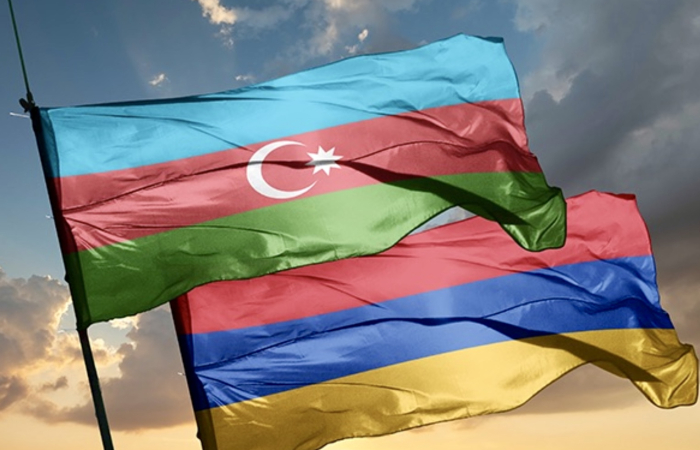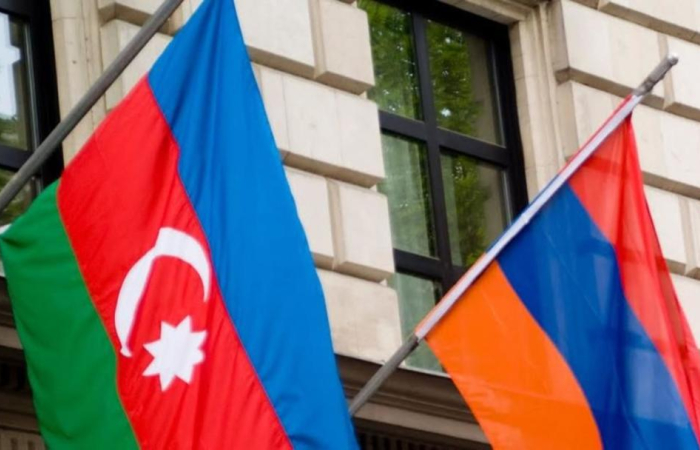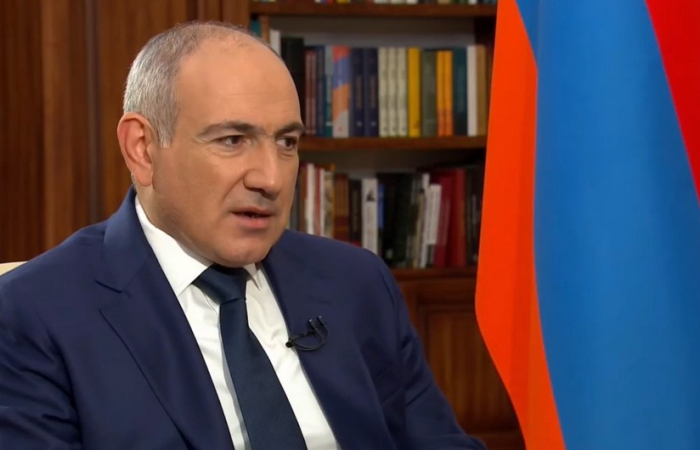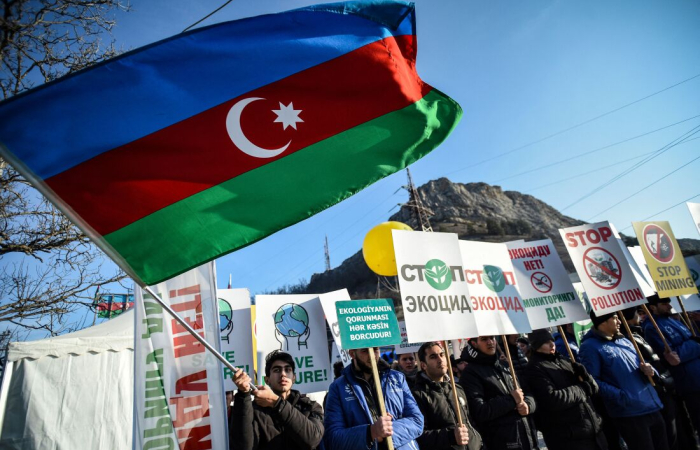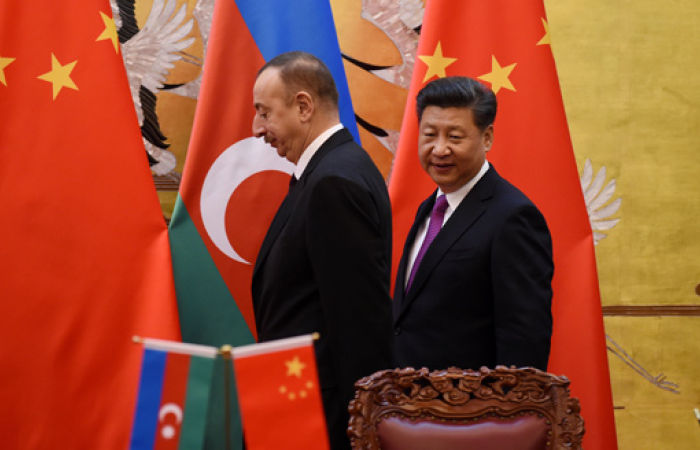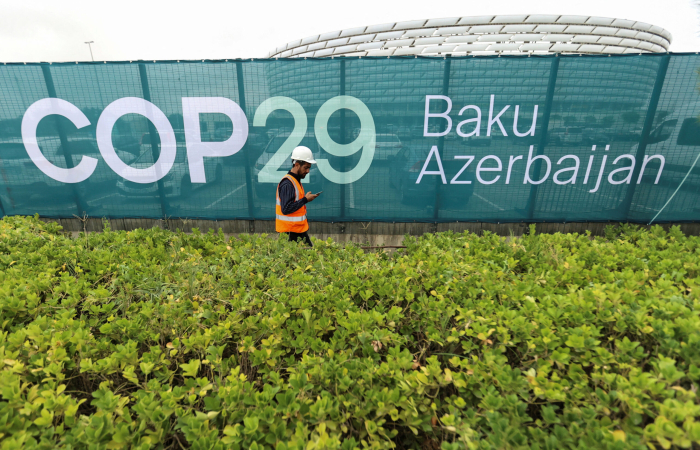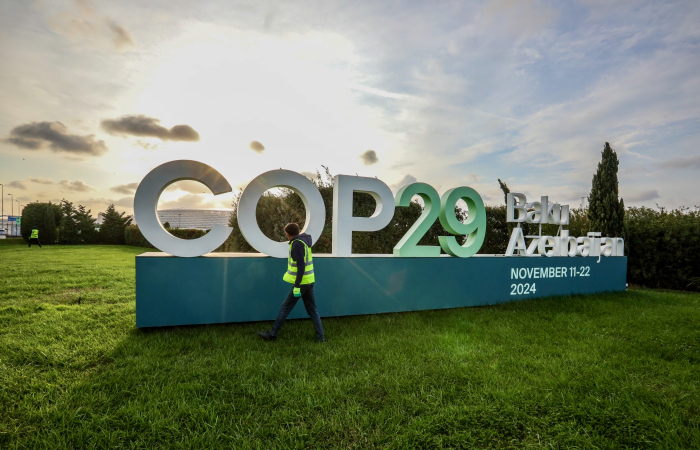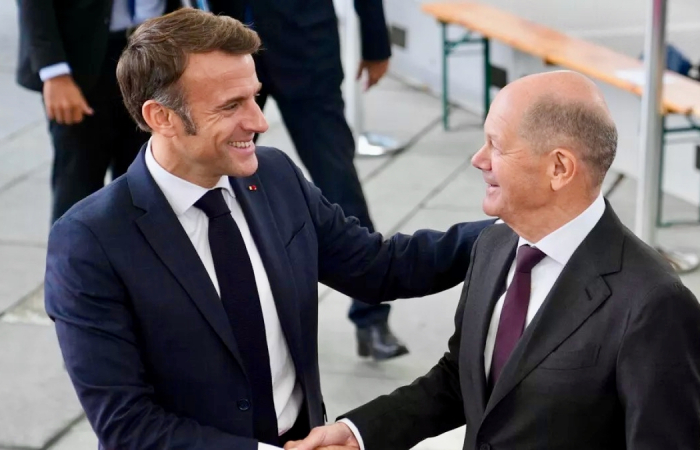Trending
Opinion: An incomplete treaty between Baku and Yerevan will not bring peace
28 November 2024
Over the past two years, numerous unofficial deadlines have been set for signing the Armenia-Azerbaijan peace treaty. Until the end of last year, the people of both countries held their breath in anticipation of a breakthrough, encouraged by officials on both sides who deemed an agreement possible. Later, there was significant optimism that the two former adversaries might reach a deal during the United Nations Climate Conference (COP29) which was held on November 11-24 in Baku.



